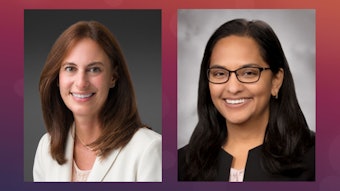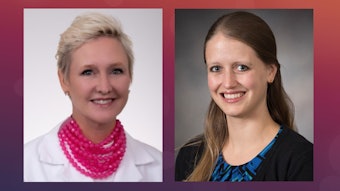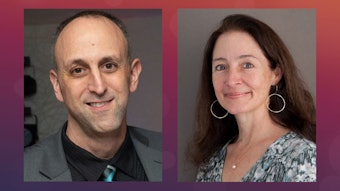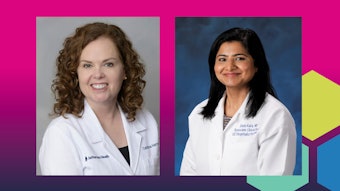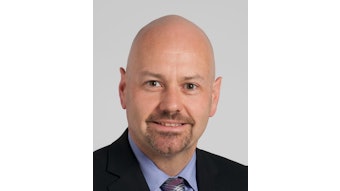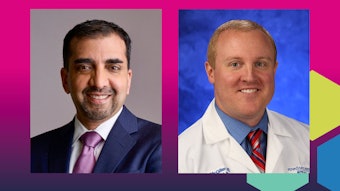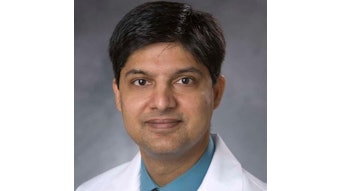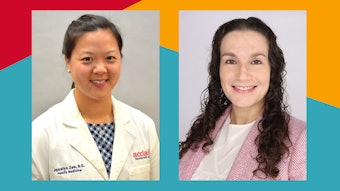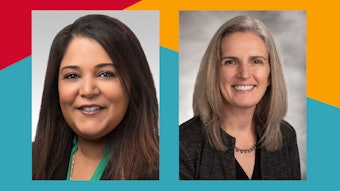Artificial intelligence could be the real future of hospital medicine
With more research and the proper safeguards in place, AI could prove a useful tool for patient care and management.
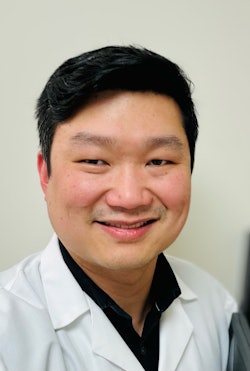
Artificial intelligence and machine learning are making inroads in every area of medicine, and the hospital setting is no exception.
Zhe Chen, MD, medical director of data science at Lehigh Valley Health Network in Allentown, Pennsylvania, said artificial intelligence is currently being used in patient care in two ways.
“The first is using predictive analytics to create more complicated risk stratification tools and guide clinical workflows,” he explained. “For example, it helps guide resources to the sickest patients without placing a cognitive burden on the physician or end user. This sometimes involves showing alerts based on predictive models to serve as an early warning system based on AI.”
The second use is aimed at making the job of the physician a little easier.
“Many third-party vendors are leveraging artificial intelligence as tools to assist physicians at the bedside, such as software for image recognition, using AI for early imaging diagnosis and helping identify structures on point-of-care ultrasound,” Dr. Chen said. “We will also see more people trying to use large language models.”
Dr. Chen will lead a discussion examining how this technology can benefit the age-old profession of hospital medicine in Sunday’s session, “AI In Hospital Medicine: A Physician’s Guide to the Future.”
For hospitalists, Dr. Chen said there are plenty of opportunities to get involved with AI as it becomes more prevalent in the medical profession and in patient care — especially if they are open to venturing into new areas they may never have considered before.
“There is room for specialized physicians who also understand data science and how technologies work,” he said. “One area I recommend for physicians is to explore some data science and learn some coding to see if it’s something they’re interested in. Pursuing an advanced degree is an option but not a necessity.”
AI-powered language models like ChatGPT have been all over the news in the past couple of years. Dr. Chen said that, with proper testing and precautions in place, such models could be all over the medical profession as well. He said companies like medical software developer Epic are working on ways to use these language models to improve clinical workflows.
“Most of the language model use will likely be for supporting workflow rather than replacing decision making, such as helping to summarize charts, draft clinical notes, and assist with language translation of discharge instructions,” he said. “We want to test this area first before ever considering using language models for more clinical decision making. At this point, most people feel more comfortable leaving that up to the physician and user.”
As for the future of AI in hospital medicine, Dr. Chen said there is still much work to be done, and the proper structures have to be in place to ensure that it is used safely and correctly.
“I believe AI has the potential to provide more sophisticated decision support. However, we must ensure that safeguards are in place,” he said. “For example, we could integrate language models with other analytical tools to recommend differential diagnoses and help protect doctors from confirmation bias, among other things.”
Visit SHM Meeting News Central for more coverage.

